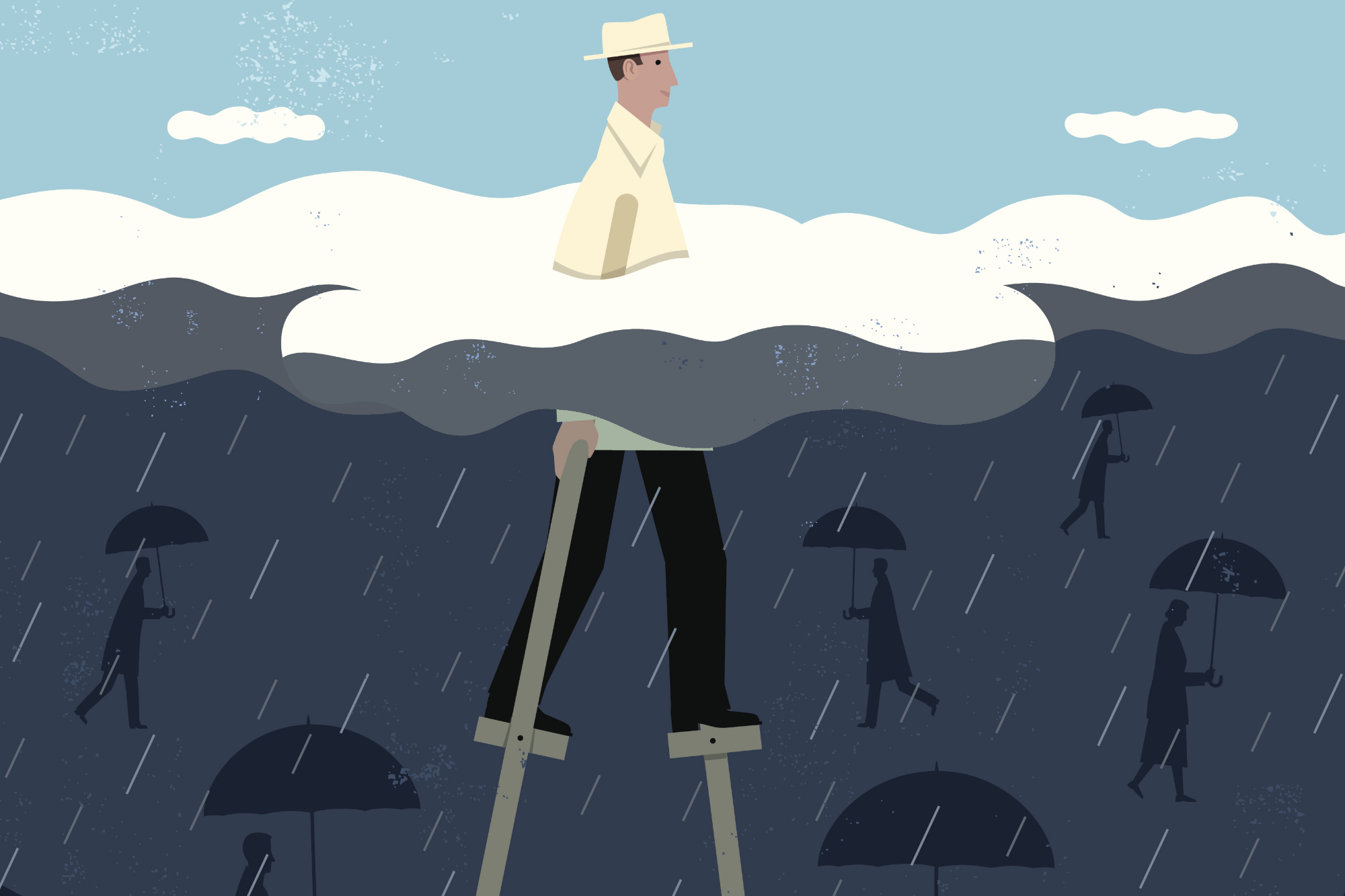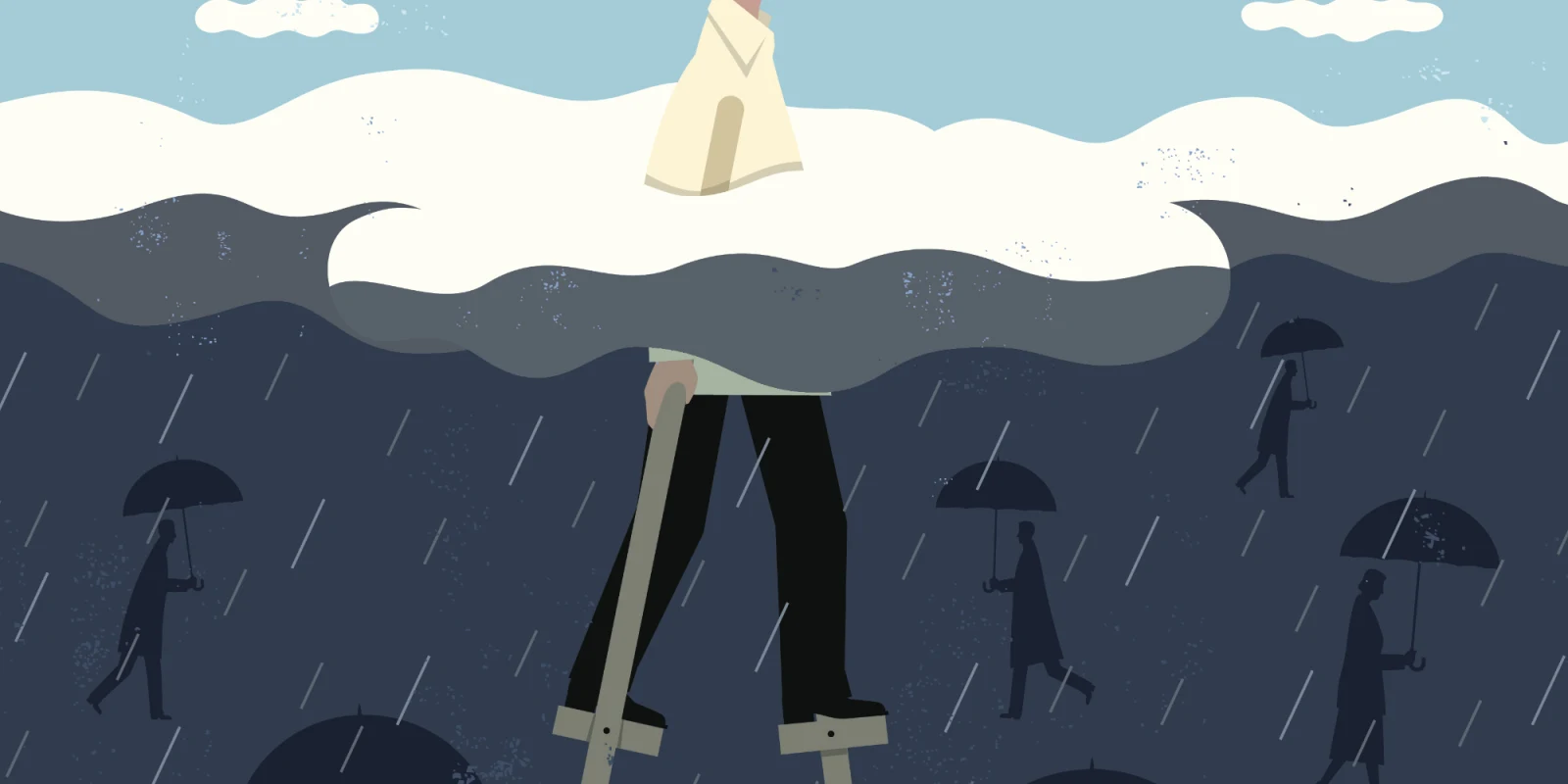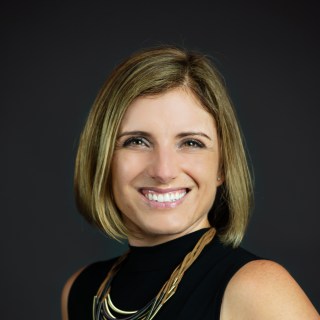
I’ve been out of residency and practicing full-time family medicine for 11 years.
A few years into practice, I hit a temporary sweet spot of confidence — finding a renewed zest for the work and all it asked of me cognitively, physically, and emotionally. I was feeling pride in identifying as a doctor and spending most of my time immersed in doctoring thoughts or activities.
“You want to come over for dinner?” my family would ask.
“No, I can’t — too busy doing doctor stuff,” I would gladly say to them.
I’d stay up late to perfect my charts — making sure they were just so. I would gain a sense of accomplishment in having spent hours clicking all the boxes, getting my assessment and plans tight and coherent, and wrapping each chart up with a nice bow.
Then, the newness wore off.
The cases started to seem monotonous and too easy. The excitement I once experienced from intellectual stimulation had dulled. Charting became my nemesis.
Slowly, the once impenetrable armor of the zealous doctor was chipped away.
Around six years into practice, I started noticing a different dialogue taking place in my head after routine patient interactions.
Another cold? Come on people, grow a pair.
Ankle pain? What, you’ve never sprained a joint? Ice and wrap it.
Constipation? Are you serious? Get a real problem.
You took apple cider vinegar and coconut oil for your poison ivy? Oh, and for your acid reflux, hypertension, and earache? To prevent you from ever getting cancer? Amazing! I wish western medicine had come up with that miracle cure. Why are you even in my office?
The dialogue changed after staff interactions as well.
“Hey doc, can you please place the PAP order from that patient you saw four hours ago?”
“So sorry for forgetting an order! What am I, an order robot?”
“Hey doc, how far behind are you running so I can let the next patient know?”
“Stop judging me for running an hour behind, it’s not all my fault!”
“Hey doc, pharmacy wants to know if they can sub Proair for Ventolin, it’s preferred on patient formulary.”
“I don’t care if you sub a box of popsicles for a tube of Vagisil.”
It started to change at home with my husband.
“What are we having for dinner tonight?” he would ask me.
“Why do I have to do everything?” I would yell through frustrated tears.
“You want to schedule anything fun anytime in the next three months?”
“What, are you crazy? Who has time for fun when there are charts to be done. Charts for god’s sake!”
Who had I become?
When one is experiencing a gradual descent, it is tough to notice the elevation change until you suddenly look around and realize the scenery is totally different.
All at once, I realized I was hating my job, my patients … then the whole world … I wasn’t quite sure what to do with those emotions.
Soon enough this new me began to feel less foreign and more familiar than the old me. Thoughts that once were a bit terrifying to behold had become comfortable and natural.
I never really liked myself like this yet I tried to convince myself I did by telling myself that I finally had a backbone. That I was no longer naive.
On certain days, I would welcome the disdain. Another anti-vaxxer? Bring it on, I would think to myself. The disdain fueled the fire of the painful belief that I’d been slowly forming that humans are ignorant and incapable of reason and logic. Other days, I would beat myself up for becoming this person and feeling so unfulfilled and disillusioned in the career I had dreamed of having since I was a little girl. I would shame myself for having such negative thoughts about humanity. Still, there were days I would blame my co-workers for my current state of being. I tumbled through that pattern for a couple of years? Not sure anymore.
But, about 2 years ago I grew tired of experiencing life how I was, but was confused as to how to experience it any differently because I thought I had to change jobs or patient panels or revamp the healthcare system STAT to feel better.
And though this frustrated me (really, Mel, you’ve accomplished xyz in your life and you can’t figure out how to feel better?!?), I stumbled across a life coach who challenged my thinking.
What would my life look like if I took full responsibility for my life experience? If I stopped blaming the system, the job, the patients, etc?
What did I have to lose?
Maybe, just maybe, I could give my patients a break. Stop wanting them to be different. Stop holding them responsible for how I felt.
This didn’t mean I had to agree with them, but I decided to try thinking about them differently. I “allowed” them to be them, and believe they were doing the best they could, just as I was, fumbling through this messy life experience.
Somehow they didn’t seem so annoying anymore.
And in changing my thinking I felt compassion: a sympathetic consciousness of others' distress together with a desire to alleviate it.
And some of the heaviness I was feeling lifted.
Compassion feels much better than indignation.
Then I turned that mindset to my co-workers.
And some more heaviness lifted.
Then I turned that to “the system.”
Turning compassion toward the system required a great deal of challenging my beliefs. In a nutshell, I had believed the healthcare system should be a certain way (a way it wasn’t and isn’t). The background music running in my head throughout the workday could’ve been a theme song titled: “Wishing reality were different from what it is sucks the joy out of my life.”
So I chose to believe the healthcare system is exactly how it should be, that nothing had gone wrong. There is no other way it could be given the players involved in it’s evolution so far.
And perhaps those players were doing the best they could with the information they had and the viewpoints they held. Perhaps they couldn’t have predicted what our system would look like now. No one could’ve.
And I felt compassion.
And even more heaviness lifted.
After about a year I realized a gradual ascent had occurred. I was no longer in hates-ville but in the less painful tolerable-ville.
And now another year has passed and I spend much more of my time in thrive-ville.
I’ve learned so many other tools that have helped me create the life I want, but one I frequently go back to is the one that cracked the door open for me stepping out of burnout: purposefully choosing and creating compassion, for myself, for the healthcare system, for other physicians suffering, for patients suffering, for humanity trying to figure shit out.
It’s all good.
It’s all part of the messy, exciting, confusing, mind-blowingly amazing and incredibly painful experience we call life, and it’s all part of the deal if you’re a human.
No more fighting the reality of it all. No more giving responsibility to anyone or anything else for your life experience; it’s all experienced in and created by your mind, anyway.
At least that’s what I’m choosing to believe. It feels much better than contempt and rejection.
Melissa Kwak, MD is a family physician practicing full-time. She found a way out of burnout and is helping other physicians do the same through her life coaching practice. Dr. Kwak is a 2019-2019 Doximity Fellow. The article is her own and doesn't necessarily represent her employer's positions, strategies or opinions.






